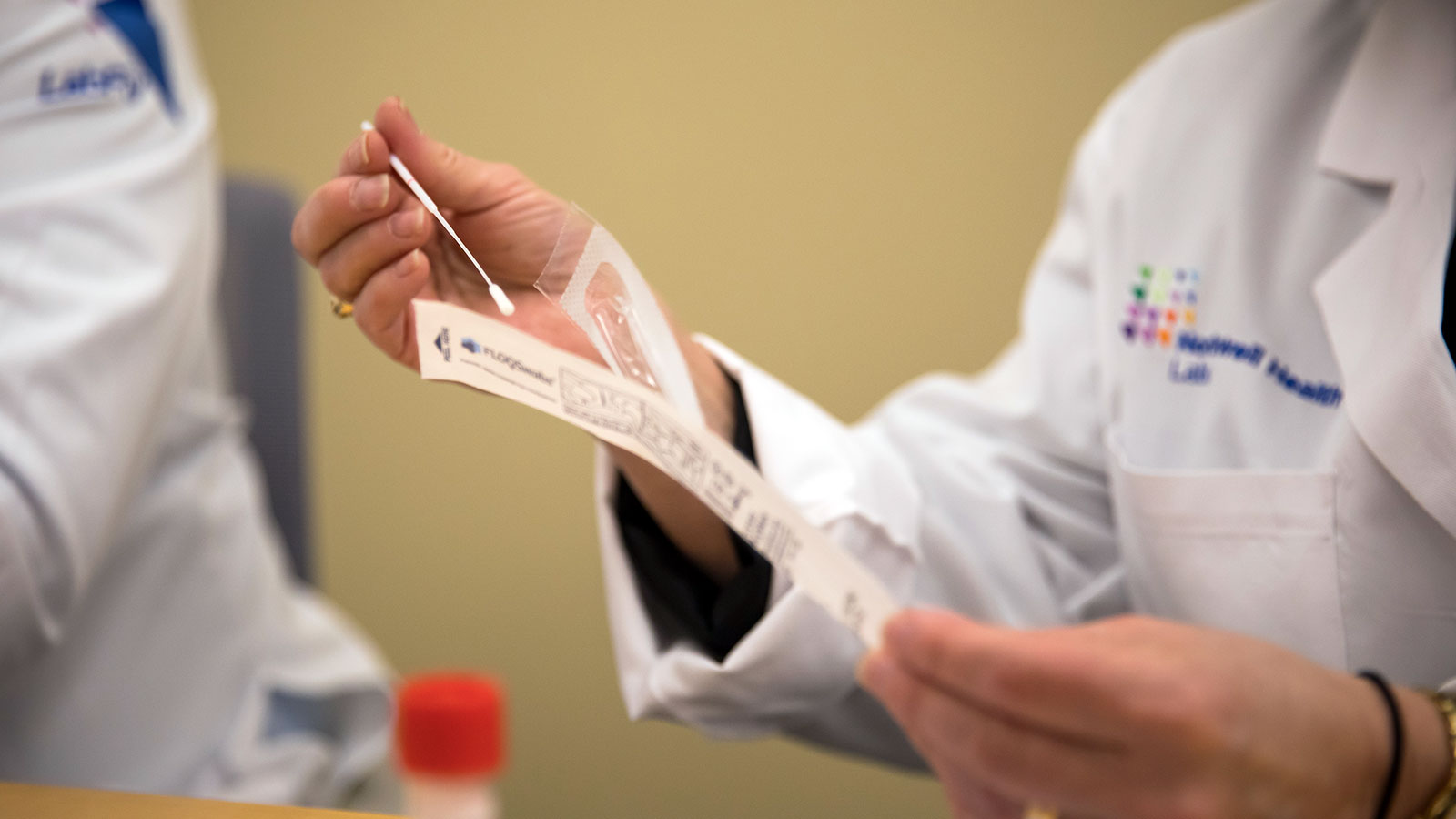Discovery: Children have fewer coronavirus receptors in their noses, study finds

The receptors that let the coronavirus into our cells appear to be less common in children's noses -- which may be why kids are less likely to get sick with the virus, according to a new study.
The receptor is a kind of molecular doorway into cells called ACE2. The study, which looked at samples from more than 300 people between the ages of 4 and 60, found that older adults had more active receptors in their nose, while children under 10 had less.
“Lower ACE2 expression in children relative to adults may help explain why Covid-19 is less prevalent in children,” wrote researchers from the Icahn School of Medicine at Mount Sinai in the Journal of the American Medical Association.
Their research only looked at the cells that line the inside of the nose, which they described as the “first point of contact for (the novel coronavirus) and the human body.”
However, the receptor in other places like the respiratory tract could have different effects -- perhaps even protecting against disease. The new study didn’t look for the receptors there or elsewhere in the body.
Follow us on twitter (ajuede.com) or on Instagram (ajuedeman) for details of the global situation presently.





.jpeg)
Comments
Post a Comment